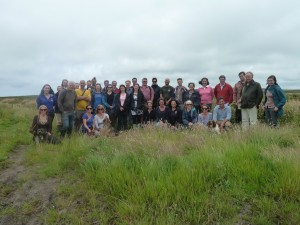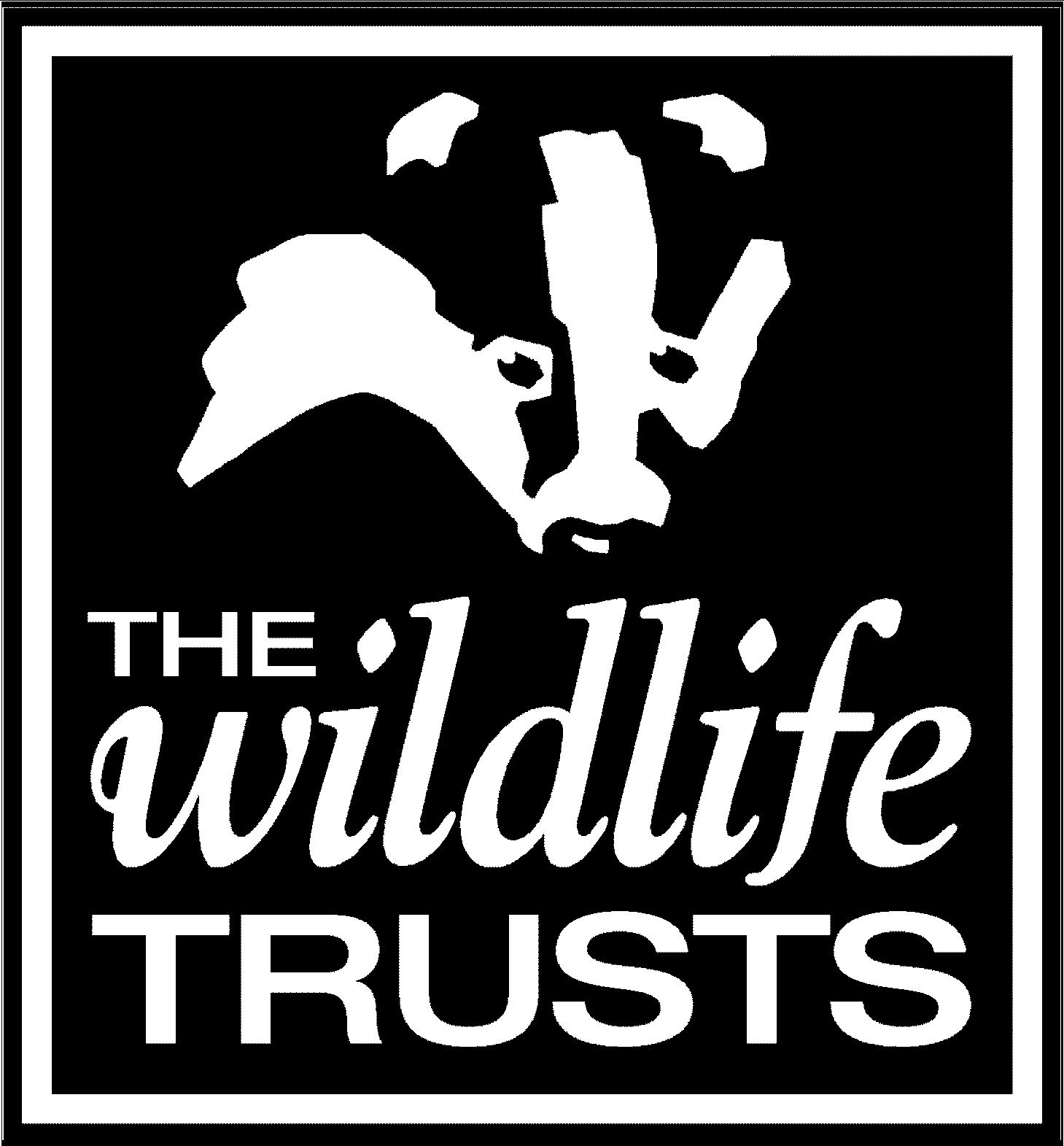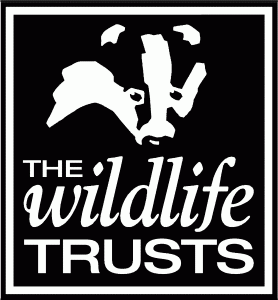My internship working with Cornwall Wildlife Trust got off to a great start. Whilst here I will be investigating the feasibility of renewable energy installations at their head offices. The Trust does great things to protect Cornwall’s wild things and wild places, and with the engineering and economic aspects of my project, I was excited about both where I was going to be working and what I was going to be working towards.
The morning of the first day entailed general housekeeping, introductions and a site tour. There were a lot of people to meet and names to (try and) remember, but all were very welcoming and created a good working environment. I settled in quickly and hit the ground running in the afternoon; beginning the research for my project. My aim
for the first week was to conduct as much research around the subject of renewable energy installations as possible: identifying all aspects that would require consideration; collecting data sources & reliable points of reference; investigating possible sources of funding and generally preparing myself to complete the project effectively.
I continued my research on Tuesday and investigated the existing water/space heating systems at the offices, to determine what a new biomass installation would likely be like. This led me to looking at UK planning permission regulations and then to companies that specialise in renewable energy installations. I selected three companies, based in the South West, and made enquiries to arrange consultations in the coming days.
My third day with the Trust fell on the annual staff day out. This presented a great opportunity for me to get to know the people I would be working with and also to get out of the office and see the Trust’s newest nature reserve. We took a guided walk around the reserve and also saw a demonstration of an Unmanned Aerial Vehicle (UAV), being trialled by a university team, to photograph and map sites such as the one we were on.

Back in the office on Thursday and I decided to investigate possible sources of funding for renewable energy installations. I found a number of possible schemes but after reviewing the criteria and application processes only a few remained that this project will be eligible to apply for. I identified three grant schemes that I will be completing applications for towards the end of my four weeks, when the project is better defined. I then investigated the UK energy market and gathered data on recent statistics as well as predictions for future trends, to allow me to assess how much benefit any renewable installation is likely to bring.
Friday, and the final day of my first week — one that has flown by. I had the first biomass installation consultation arranged for the afternoon and so spent the morning comparing various biomass central heating systems. I reviewed the work that I believed would be necessary, compared various potential fuel options and generally prepared myself to discuss the options at the consultation.
In Summary, the first week went great. I settled into the office, made good progress with my research, got a taste of the hands on work the Trust performs and formed a better understanding of how to progress with the project and successfully achieve my objectives.

